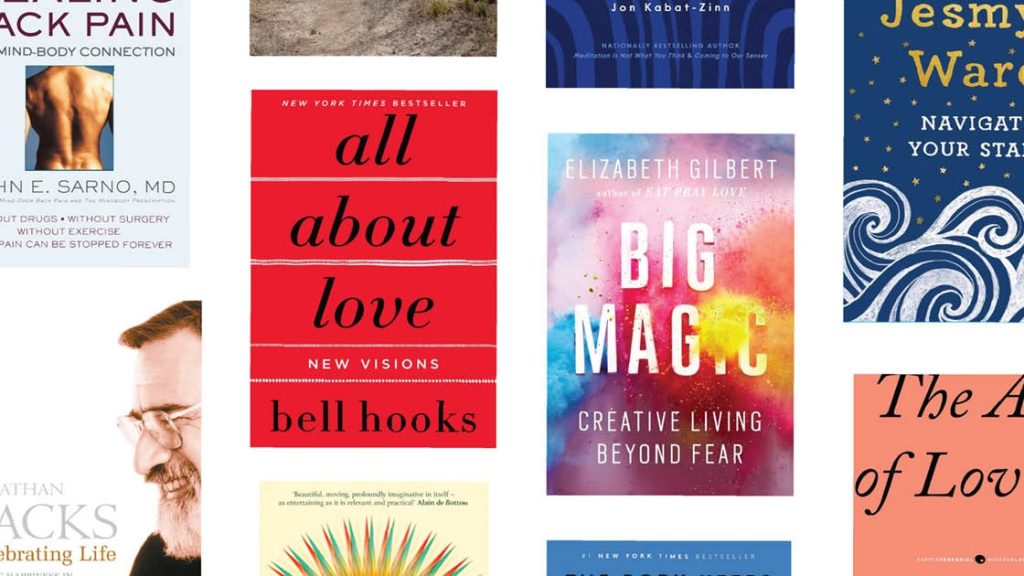Finding a compelling self-help book can be challenging, as many can be patronizing or preachy. However, the best self-help books share certain features: thoughtful reflections, gentle guidance, personal insights, and broader knowledge. This article presents a selection of 11 self-development genre stand-outs that cover a range of topics from trauma healing to creative living. The best self-help book is the one that helps you on your personal journey towards growth and healing.
“The Body Keeps the Score” by Bessel van der Kolk is a life-changing book that explores how the brain and body respond to trauma. Van der Kolk, a leading expert in trauma studies, offers insights into how trauma lingers and our capacity to heal from it. “Big Magic” by Elizabeth Gilbert is a guide to living a more creative life beyond fear. Gilbert shares practical and philosophical suggestions to inspire creative living and overcome fear. “Healing Back Pain” by John Sarno challenges the idea that physical ailments like back pain are caused by repressed emotions rather than physical irregularities. His book offers compelling examples from his medical career to support this theory.
“All About Love” by bell hooks explores the importance of developing a vocabulary for love and distinguishing it from unequal forms of relation. hooks delves into the concept of love as a subject to be understood and harnessed towards healing ends. “Self-Reliance” by Ralph Waldo Emerson urges individuals to turn inward and trust themselves to find alignment and achieve principled, peaceful lives. “Wherever You Go, There You Are” by Jon Kabat-Zinn is a guide to mindfulness and reclaiming the present moment amidst daily distractions and anxieties.
“Navigate Your Stars” by Jesmyn Ward is a reflection on personal persistence and navigating intergenerational poverty and trauma. Ward shares her own journey to Stanford University and how adaptation and choice shaped her future. “Grit” by Angela Duckworth explores the concept of grit and how perseverance and passion determine success more than talent or luck. Duckworth uses science and experience to support her argument. “Celebrating Life: Finding Happiness in Unexpected Places” by Jonathan Sacks details the author’s journey to finding happiness after the death of his father and frames happiness as a practice rather than a possession.
“The Art of Loving” by Erich Fromm challenges cultural assumptions about love and asserts that love is an art that can be learned rather than a chance condition. Fromm’s reflections on love are bold and relevant even today. “The Imagination Muscle” by Albert Read delves into the importance of imagination beyond creativity, advocating for its cultivation in daily life. Read offers practical advice and emphasizes imagination as a paramount asset for humanity. These self-help books offer valuable insights and guidance for personal growth and healing in various aspects of life.


